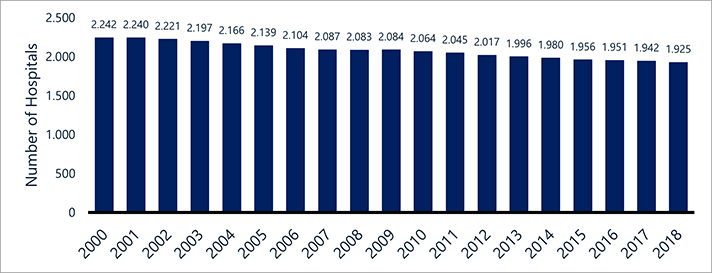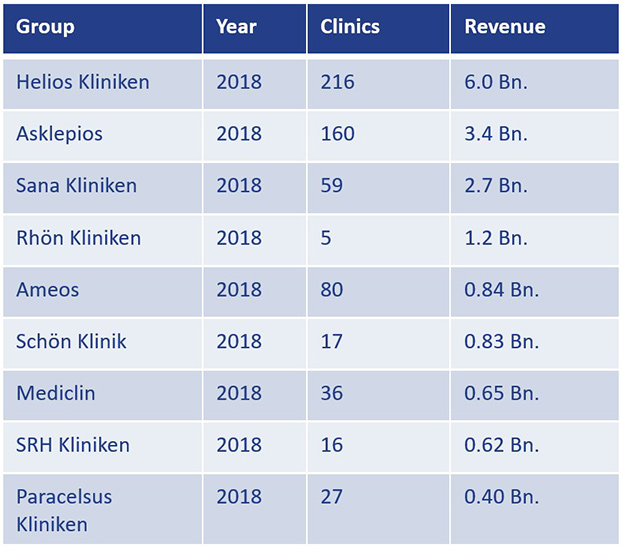
Medicine as a Driver of Innovation: Cross-location patient care provides opportunity
Networking via IT processes within medical technology is increasing everywhere. Processes are optimized by modern software procedures. Private hospital groups are sometimes justifiably criticized for their fixation on efficiency, but these investments have a positive effect: fast access to data on one hand, as well as the establishment of cooperative alliances across national borders on the other.
Patient care is as important as it is sensitive. Nothing can go wrong here; after all, life and death can be at stake. A possible source of conflict within patient care can be two fundamental interests that should at best complement each other, but not be diametrically opposed: The demand for patient welfare and the commercial interests of a hospital.
Centralization as an Opportunity
Impulses that need not stand in the way of either interest are the networking of medical care (in larger medical centers) and the development of cross-national databases. Smaller hospitals are increasingly being eliminated, which has led to an overall decline in the number of hospitals (see Figure 1).

Fig. 1. Development of the number of hospitals from 2000 - 2018.
The number of private hospital groups, on the other hand, has increased steadily over the years. The largest private hospital groups now account for a considerable proportion of the hospitals. The nine largest private hospital networks alone now serve more than 600 hospitals in Germany - and the trend is rising (see Figure 2).

Fig. 2. The largest private hospital networks by number of clinics and by revenue.
As a result, there is an increased tendency to centralize processes and standardize procedures. So, what opportunities does this create? The fact is that cross-site access to data is often the prerequisite for centralized care.
Networking of Data Leads to Better Care
There are now more and more software companies specializing in the digital networking of patient data and of processes in general. In doing so, the software companies often focus on a specific medical specialty and approach it in a communicative way. Medavis GmbH, for example, is specialized in the field of radiology and specifically addresses radiology practices and hospitals (with a radiology focus). From a networked and thus improved data situation, the potential for better care is given.
The Unification of Care Centers
Cross-location and cross-sector medical centers, in which corresponding specialties of individual hospitals as well as other health care partners are organizationally combined and thus forces and know-how are bundled in a network, are an increasingly common practice: Alliances such as Regiomed explicitly work on centrally organized care. Several medical specialties such as vascular centers or the oncology centers are affiliated in this network. The pooling of medical knowledge and patient data creates the opportunity to continually improve medical care as a whole.
Further Information
Are you a medical technology provider planning to make your processes more innovative and efficient? Do you want a strong software partner at your side who can advise you and optimally align you for the future? Through our resilient network of technology scouts, consisting of industry experts, we bring you together with start-ups and idea providers. On the basis of market and competition analyses, we uncover what the market currently looks like in the field of innovative processes and medical technology, which cooperation partners are lucrative and what market activities can be observed among the competition. Let's go this way together.
Text written by Kai Wichelmann